5 results in International Council for Central and East European Studies
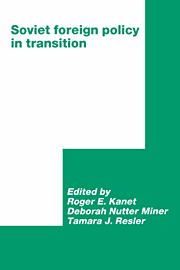
Soviet Foreign Policy in Transition
-
- Published online:
- 05 February 2012
- Print publication:
- 02 April 1992
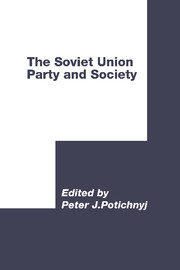
The Soviet Union: Party and Society
-
- Published online:
- 04 August 2010
- Print publication:
- 26 August 1988
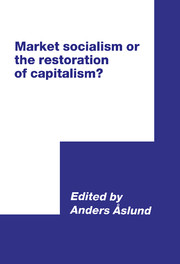
Market Socialism or the Restoration of Capitalism?
-
- Published online:
- 04 August 2010
- Print publication:
- 31 October 1991
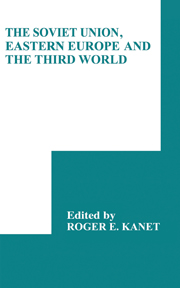
The Soviet Union, Eastern Europe and the Third World
-
- Published online:
- 06 July 2010
- Print publication:
- 23 June 1988
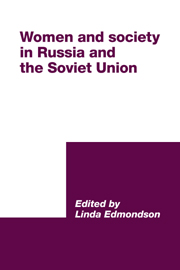
Women and Society in Russia and the Soviet Union
-
- Published online:
- 22 October 2009
- Print publication:
- 20 August 1992

